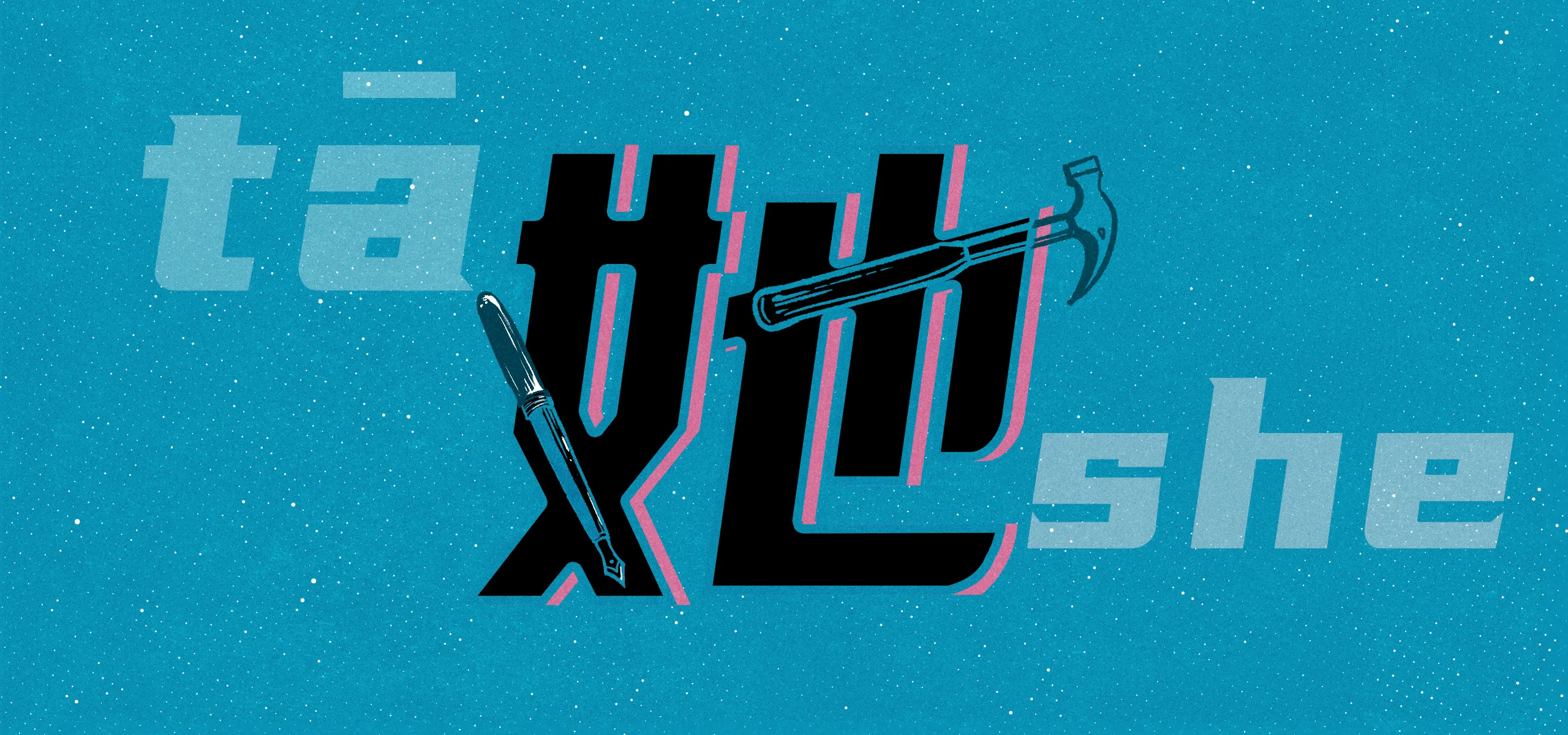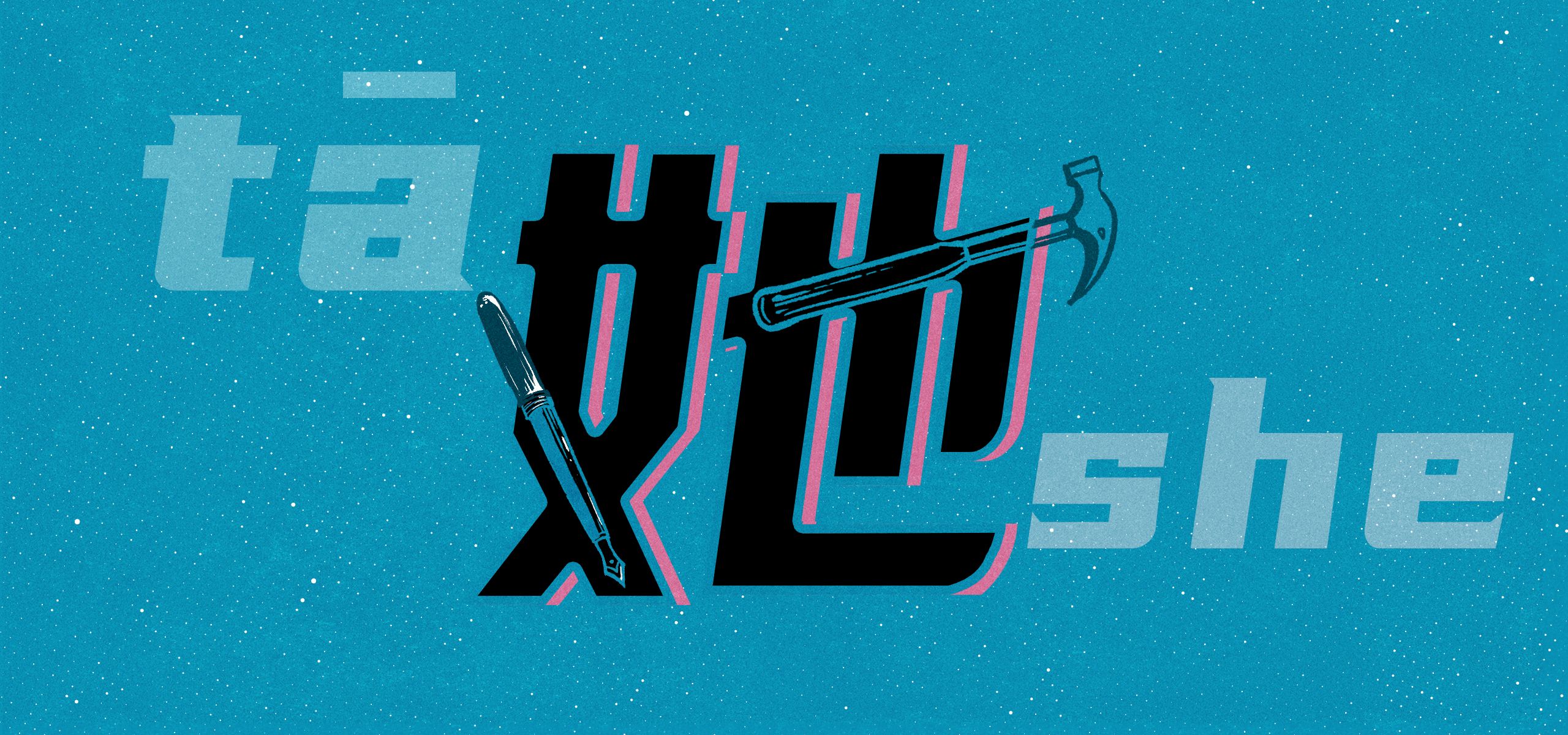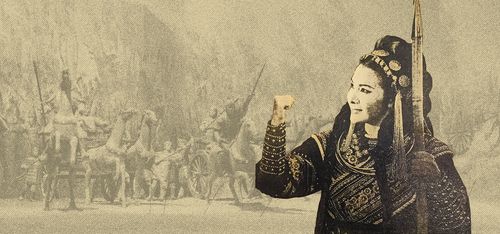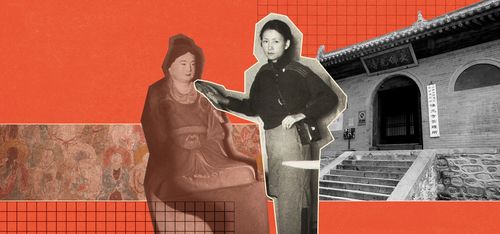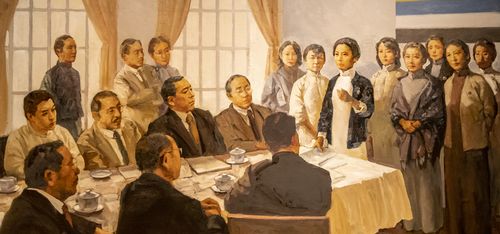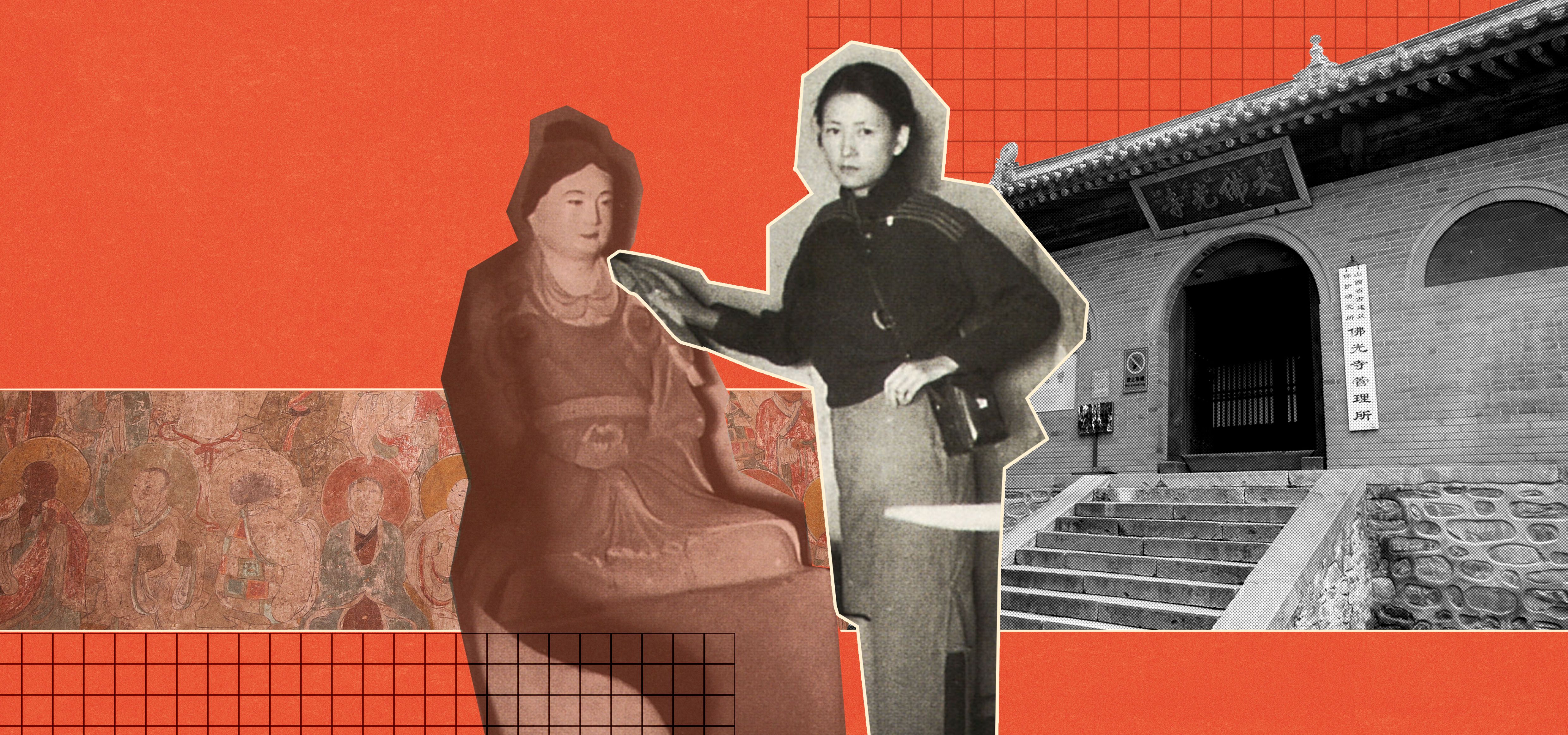China has seen a significant feminist cultural shift in recent years, with young women increasingly embracing feminist ideas. Previously taboo topics, from reproductive health to sexual autonomy, are now part of mainstream discussion. While these changes reflect greater visibility for women, true equality remains elusive. Women still face challenges in gaining recognition in their careers and family lives, while advocating for more independence and agency in society. At The World of Chinese, we are committed to telling stories from female perspectives.
Gender Idioms
Traditional perceptions of women have shaped our language, reflecting societal norms and gender expectations. Here are some examples to reflect on:
Yue Fei’s mother tattooed the characters “Serve the country with the utmost loyalty” on his back. She has been praised for the patriotic education she gave to her son, the 12th-century military commander.
The idiom means “widely known” and literally translates to “known by everyone, including women and children.” In ancient China, women typically didn’t have access to education and rarely communicated with those outside their family.
“Love brain” is a slang term netizens have been using lately to describe the mindset of someone, often women, who is so madly in love that they can no longer make rational decisions regarding the object of their infatuation or their own life.
Learn how the slang term reflects modern views on independence and relationships





